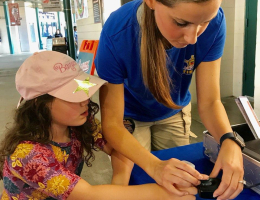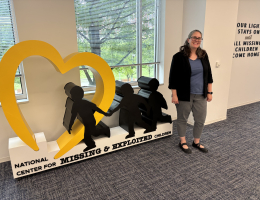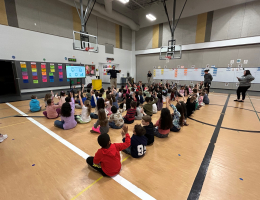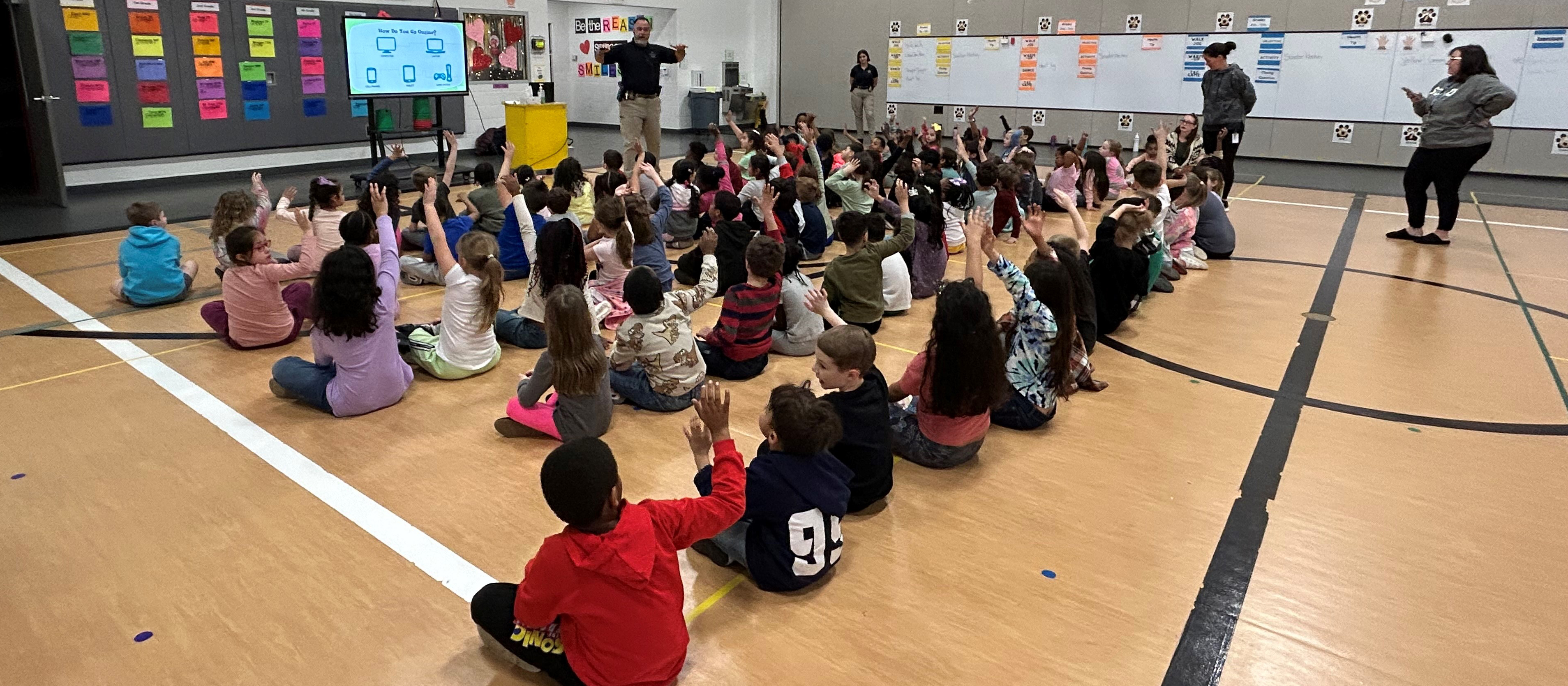
Content warning: This story deals with teen suicide.
Evan Boettler’s parents describe their son as a “fantastic kid” - an outgoing and athletic high school student who loved the outdoors and was always willing to help others.
But, as Brad and Kari Boettler returned home from a walk around their Aurora, Missouri, neighborhood on Jan. 3, 2024, they were struck by an unimaginable tragedy they never thought they’d have to endure.
Their 16-year-old son, Evan, had died by suicide.
“We were standing in the driveway trying to decide if we wanted to do a second lap, and then we both got the text message from him and we heard - it sounded like a firework to me - then we ran and we found him in our backyard,” Kari Boettler said.
About a month later, Kari found a social media message thread on Evan’s phone. Her son had been a victim of sextortion. From what she gathered, Evan had started communicating with someone on the social media platform, Snapchat, and there was an exchange of personal photos.

“As soon as he sent the photos, then it turned over to Instagram from somebody else doing the extortion,” Kari said.
His father, Brad Boettler, said their son had never indicated to them what had gone on.
“He was a pretty happy-go-lucky kid,” Brad said.
Sextortion is a form sexual exploitation where someone is threatened or blackmailed, most often with someone threatening to publicly post a nude or sexual image of them unless they provide additional images, money or engage in sexual activity.
According to a March 15, 2024, Aurora-Marionville Police Department press release:
“Evidence suggests the perpetrator attempted to get Evan to send money via the internet in exchange for not releasing the photos to his parents, friends, contacts, and Evan’s community. They placed Evan under extreme pressure to pay this money and made numerous threats if the money was not paid. These events are believed to have taken place only hours before Evan took his own life, presumably believing he had no other way out.”
Kari said from the time the messages started to the time Evan died was only about two hours.
The Boettlers are sharing their story because they want to make sure such a tragedy doesn’t happen to others.
“I would go anywhere to tell Evan’s story, spread the word, and try to protect kids and families from experiencing what we have experienced,” Brad said.
Preventing sextortion and other kinds of online sexual exploitation and abuse against minors is part of why the U.S. Secret Service partners with the National Center for Missing & Exploited Children (NCMEC) to educate America’s youth and their families about the dangers of online sex crimes.
The agency has provided forensic and technical support to NCMEC since 1994, and its Forensic Services Division (FSD) teams up with NCMEC to offer the Childhood Smart Program (CSP), designed to inform children and parents about internet safety and abduction prevention.
In addition, the FSD/NCMEC Ambassador’s program allows Secret Service special agents and officers, and administrative employees, to visit schools and communities to give CSP presentations to kids and families in their district.

“Child exploitation and abuse continues to grow. The responsibility to protect children is shared broadly among schools, communities and law enforcement,” said Joan Hoback, the Special agent in Charge of FSD, who developed the prevention program in response to the urgent need to deliver critical safety information to children. “Every child deserves a safe childhood, and the Secret Service is committed to making that a reality.”
Senior Special Agent Wendy Cassidy, assigned to the U.S. Secret Service’s Dallas Field Office, has been an FSD/NCMEC Ambassador for more than three years.
“We all know how common cell phones and iPads and computers are these days. The opportunity to help empower kids to protect themselves and their friends online is what really drew me to the program,” she said.
The Secret Service Ambassadors were instrumental in expanding the program from a local initiative to a nationwide effort. This spring, they attended their annual training conference at NCMEC headquarters in Alexandria, Va. The training included a comprehensive refresher on child sex trafficking prevention, as well as vital updates on evolving tactics used by online predators to exploit children.
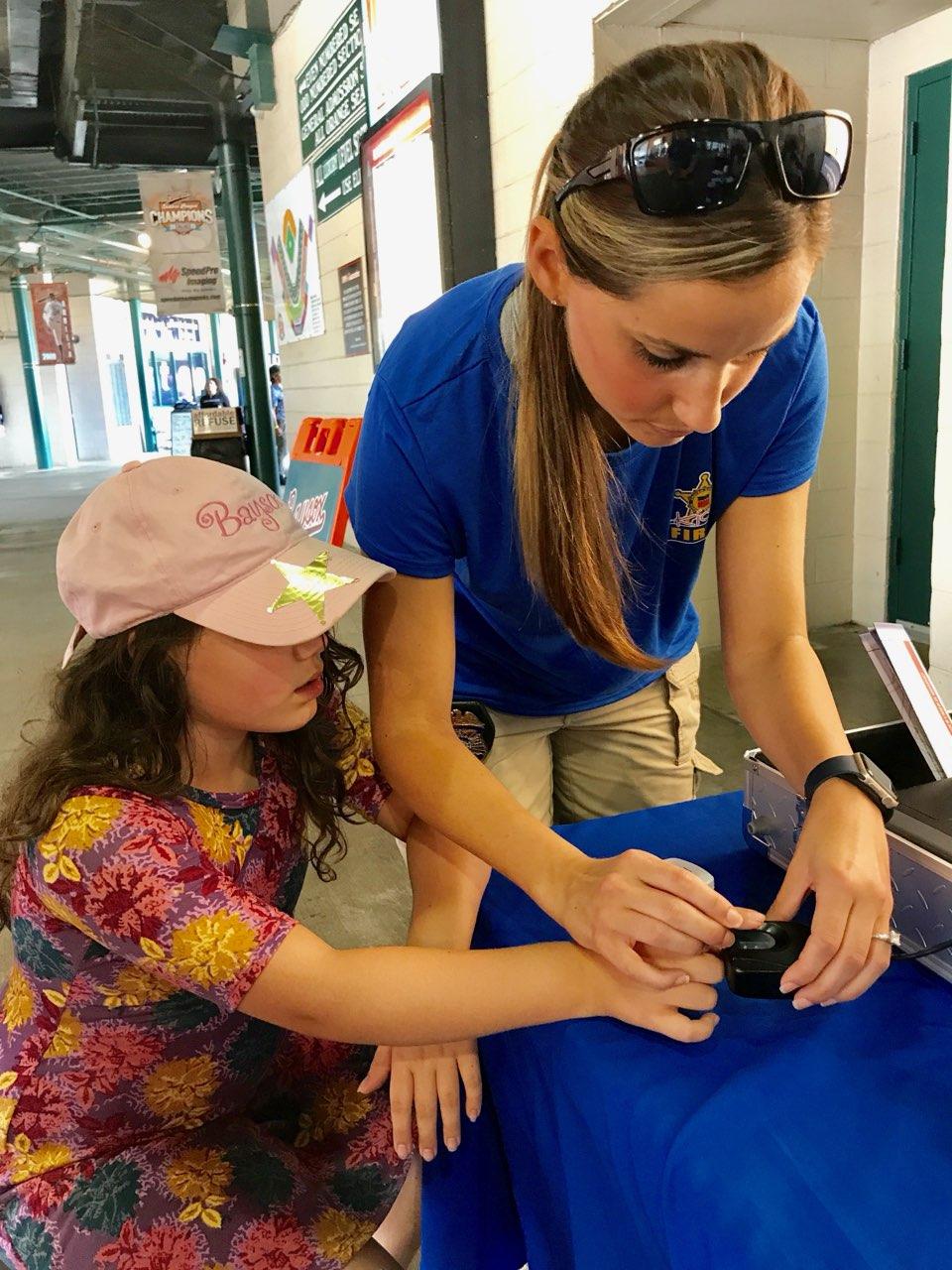
“These kids are facing a silent war and whether they have a voice or not, sometimes they don’t feel like they can speak or use their voice,” Special Agent Jaime Swears said. “I just want to be a voice that gives them the confidence, that goes out and takes that preventative approach.”
Being a part of the program is deeply personal to Swears, who is assigned to the Presidential Protective Division and has been an FSD/NCMEC Ambassador since 2019. She is also a sexual abuse victim.
“I feel like I can bring my experiences to the table of when I became a victim of the grooming process,” she said. “I strive to effectively talk through some personal experiences of that grooming process and how successful groomers are, and how this is an ever-evolving online predator world, and how ugly it can be, how real it can be, and that nobody is immune to falling victim of that.”
NCMEC leaders said the relationship between their organization and the Secret Service is vital.
“It’s so valuable for us because we have a small team of people based here in Alexandria, Va. We’re not able to get to every local community to present in person to PTA’s or schools, community groups. We can’t physically go out and do that all ourselves,” NCMEC Director of Community Engagement Susan Kennedy said. “What we do instead is train them on our materials that reflect the latest trends we are seeing on the CyberTipline. Everything that NCMEC is learning about child victimization, we put that into our best practice prevention materials, and then we are able to train the Secret Service personnel to go out into the entire country, reaching exponentially more kids and adults than we could reach on our own.”
One of the latest trends in online exploitation is the posting of nude photos, real or produced using artificial intelligence. NCMEC offers the “Take It Down” resource, which is a free service to help remove or stop the online sharing of nude, partially nude, or sexually explicit images or videos taken of someone under age 18.
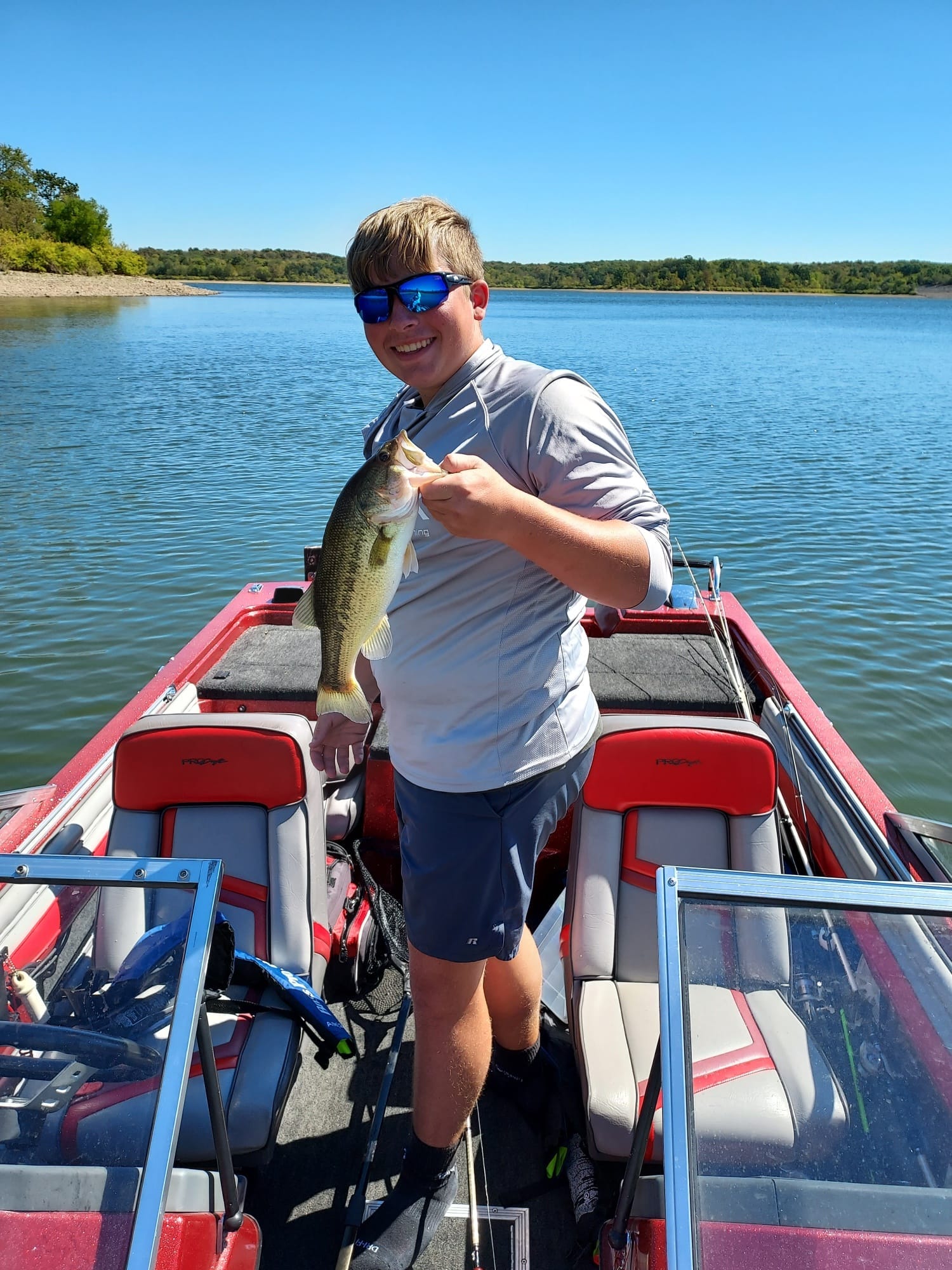
President Trump signed the Take It Down Act into law on May 19. It prohibits the nonconsensual online publication of intimate visual depictions of individuals, both authentic and computer-generated, and requires websites to promptly remove such depictions upon receiving notice of their existence.
The Boettlers want as many people to know about these resources as possible. Their website, evansvoice.org, is a nonprofit intended to honor their son, raise awareness about sextortion, support victims and advocate for change.
They also speak to school and community groups about the issue. In April, Cassidy and Senior Special Agent Rene Garcia, of the Dallas Field Office, traveled to Aurora to support the Boettlers and give a presentation to middle school and high school students on the dangers of online child exploitation, including sextortion.
Three days later, one of the students in the group was solicited online by a person trying to sextort him. Because he was in the audience and knew what to do next, he called his mother to inform her of the situation.
“She said because he had heard Evan’s story and heard the information and resources available, he had reached out to her,” Brad Boettler said. “She started tearing up and crying because Evan’s situation could easily have been these other kids’. But thankfully we are bringing this message out and trying to get it more in front of people, so parents know what to do and kids know what to do.”
For more information and resources provided by the National Center for Missing & Exploited Children visit their exploitation resources page.
If you are having thoughts of suicide, call or text 988 for the 988 Suicide and Crisis Lifeline, or go to 988lifeline.org.



